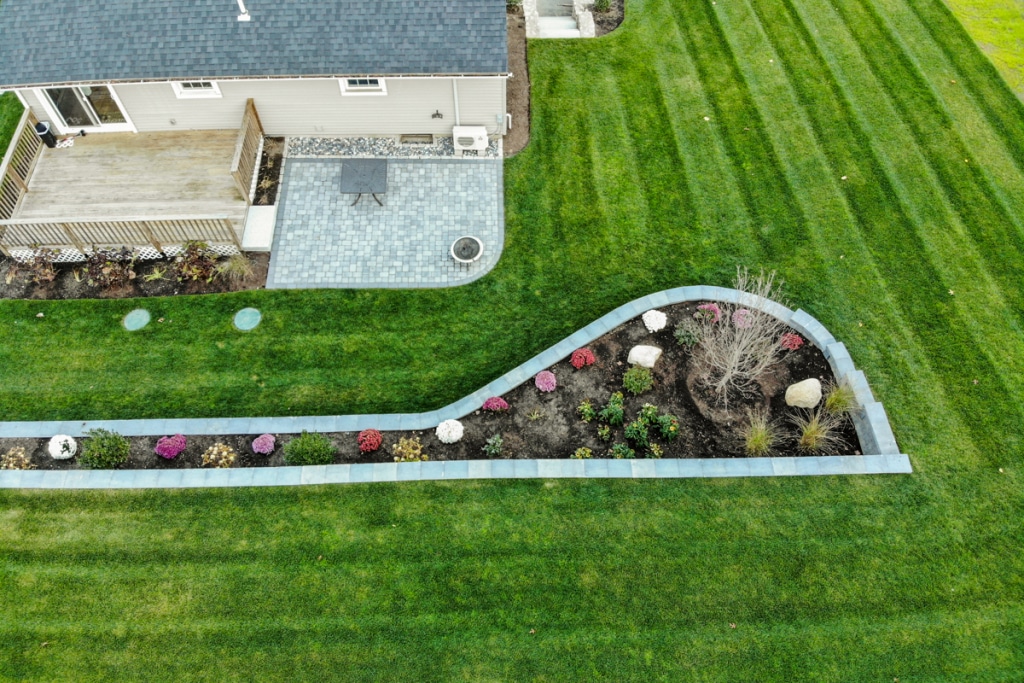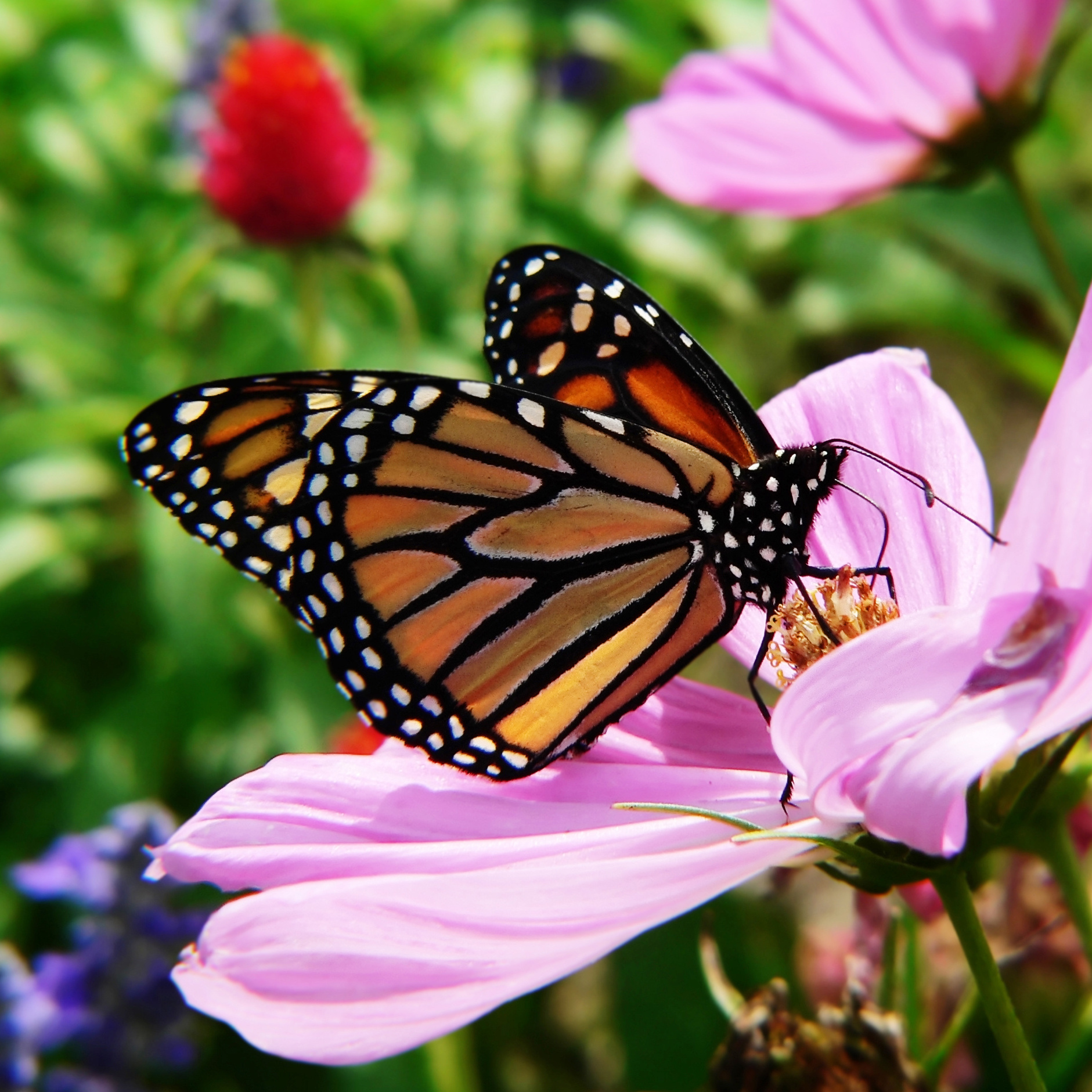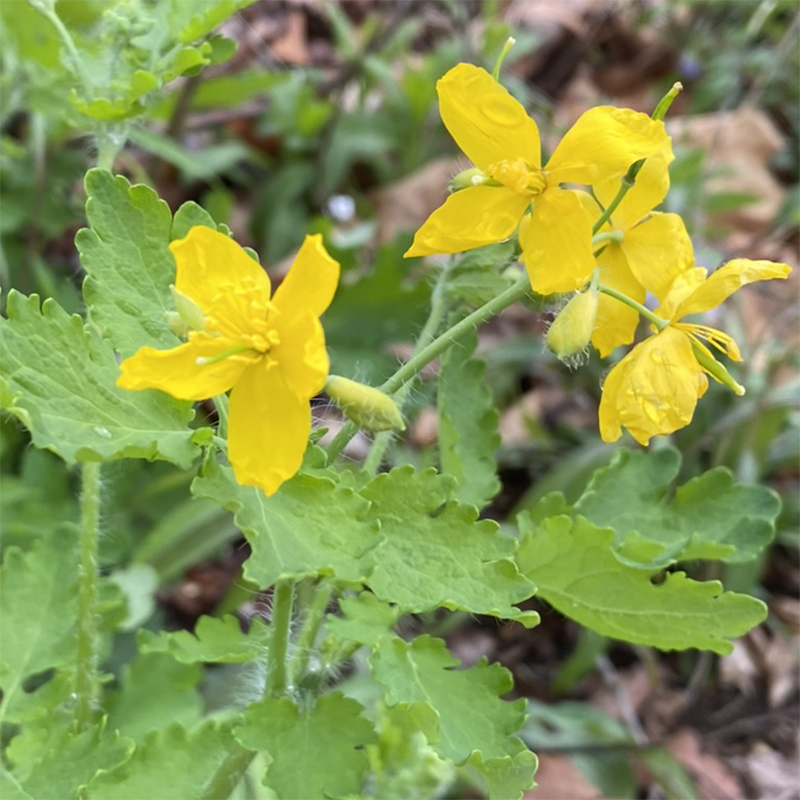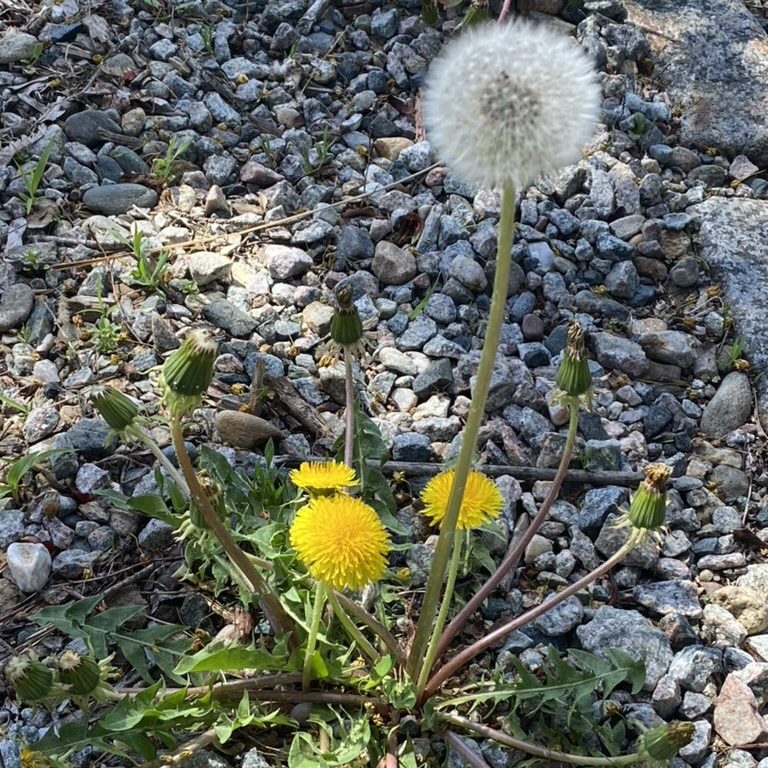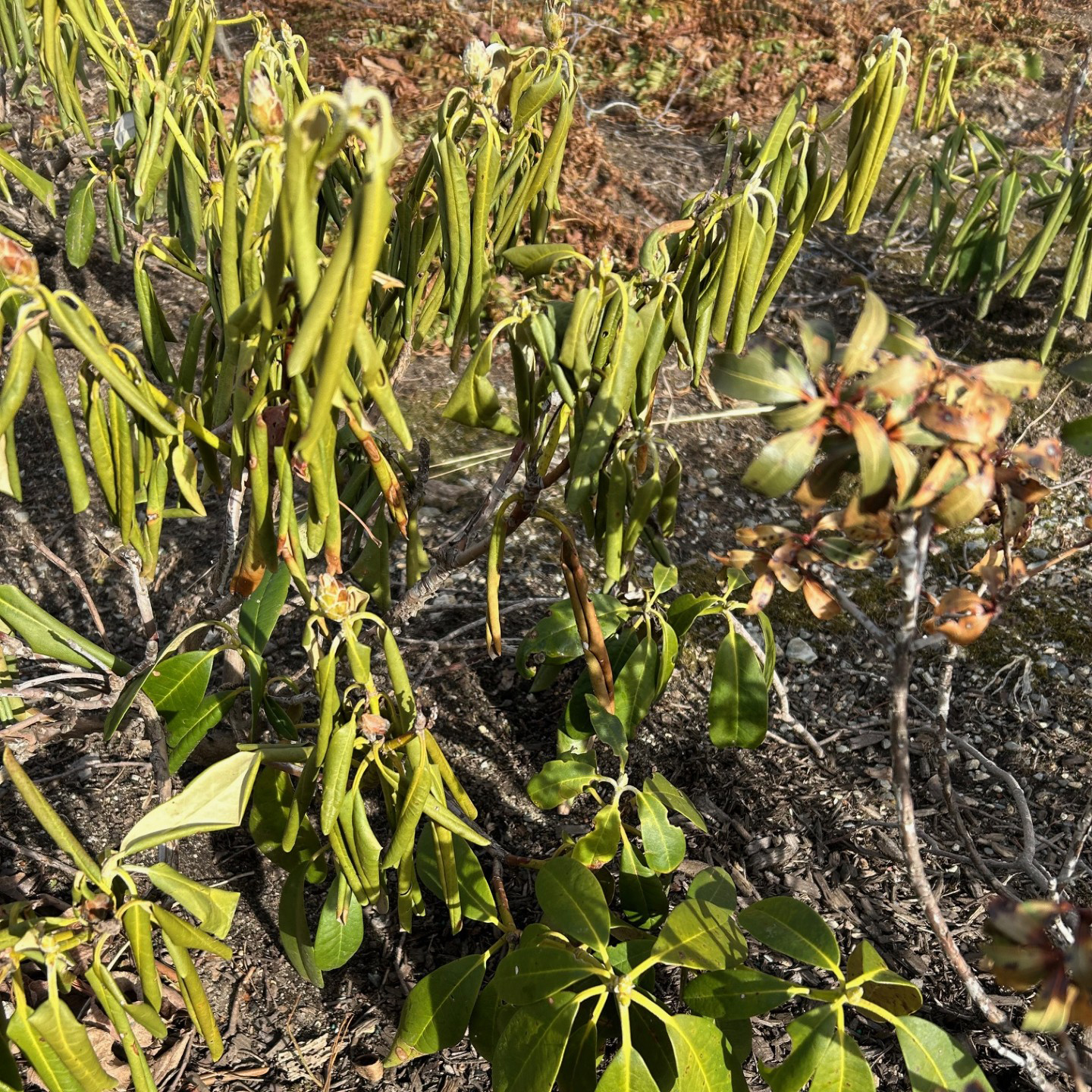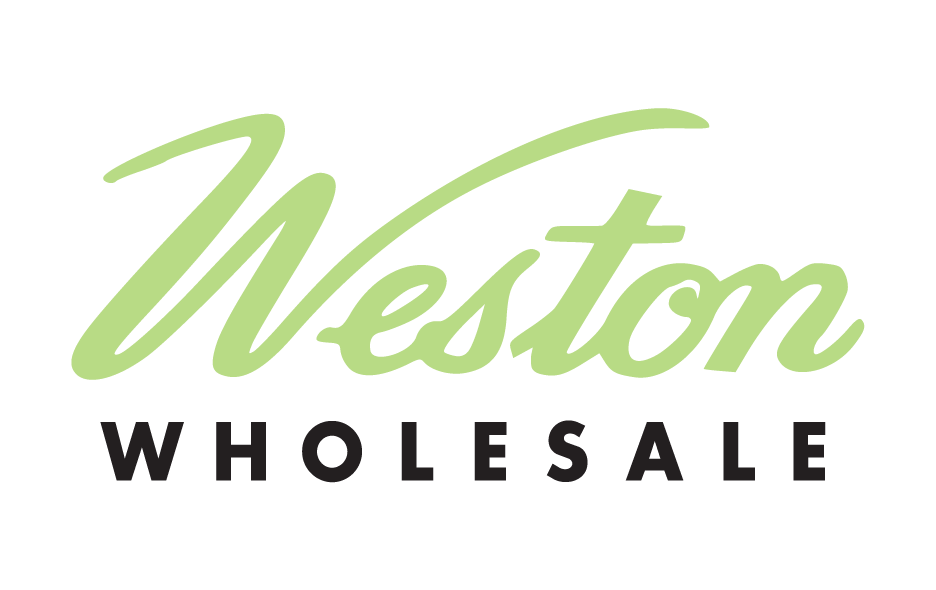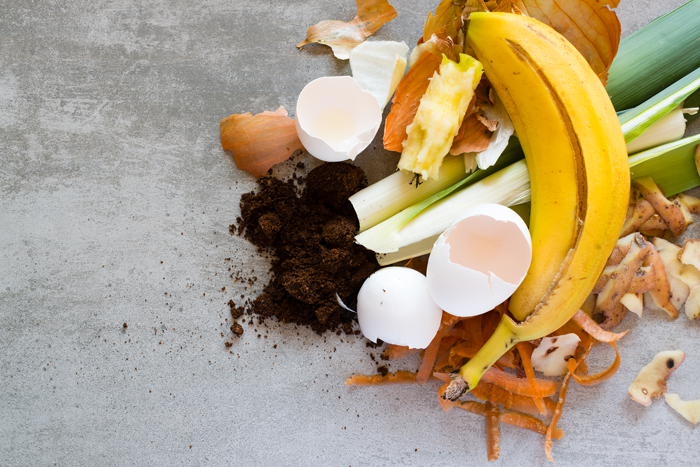
“Nothing is lost, everything is transformed.”
Antoine Lavoisier
Whether you buy it bagged, have it delivered in bulk, or make your own, compost is one of the simplest and most cost-efficient ways to boost the health of your garden. Not only does it enrich the soil, it’s also environmentally friendly, keeps waste out of landfills, and it gives your garden a nutritional boost that you can trust. You’ll enjoy more plentiful harvests and spectacular blooms naturally, all while you lend a hand in keeping it green.
How It Works
It can seem like magic that a few vegetable scraps and grass clippings can become rich soil, but it’s actually simple science. Soil is made with carbon, air, and water, plus some heat generated by microbial activity.
Air is the easiest ingredient to find, but the others aren’t far behind. Brown organic matter, like paper, dead leaves, and old branches are natural carbon sources. To get heat all you need is a bit of nitrogen in the mix, which gets the microbes going. Green organic matter, like kitchen scraps and trimmings from the plants and lawn, are all bursting with the nitrogen content you need.
Then just add water! Green organic matter tends to be chock-full of moisture that will get you started. Water from the hose will do just as well if you need to supplement the mix and kick things off.
Composting Basics
Composting comes down to chemical & biological reactions, but there’s no degree required to start at home. With everyday household waste and a little time, composting is as easy as mixing up a cake batter.
- Where to Compost: Compost can be made outdoors or indoors and really depends on personal preference. You can build pile on the outskirts of your big backyard, or keep it compact with a bin under your porch or deck. There are even specialty setups for composting in small spaces like the basement of your condo or an apartment pantry.
- Get a Bin: While a bin is not required outdoors, it can help to keep critters at bay. The composting process naturally breaks down organic matter, so non-organic substances such as plastic, are best for a lasting bin. You might also want to keep a pot or container on your kitchen counter to easily collect scraps as you cook, then bring them out to the bigger bin or pile as you go along.
- Fill It Up: Compost is as simple as letting nature do its thing. Simply throw in your apple cores, banana peels, paper scraps, and lawn clippings. For the most effective composting, keeping your mixture to 2 parts brown organic matter for every 1 part of green will give the quickest and best results. Avoid meat scraps, fats, and oils so you don’t attract vermin.
- Keep It Going: To keep compost composting, regularly mix it up with a pitchfork or simplify the process by purchasing a tumbling compost bin. Ensure that there is plenty of airflow and moisture, and you can watch the black gold form.
The Stinking Myth
Many people avoid composting in their home, believing that any rotting matter will certainly bring a stench. While it’s true that rot tends to smell, composting can actually be fairly clean as long as it’s well looked after. The key is to keep carbon levels high and nitrogen levels low, with great airflow, to keep the composting process stench-free. The right ratios of your ingredients makes the difference between a soil factory and a smelly garbage pile.
Carbon has a natural air-cleansing power that will help to keep the stink at bay. Without it, a compost will take on a pungent vinegar aroma. Plenty of brown organic matter should be enough to keep the carbon doing its job.
Similarly, too much nitrogen could also bring on an unwanted stench. If the compost feels warm or hot to the touch, your nitrogen levels are just right and the healthy heat will kill the bacterial waste that can fester and stink. If the compost feels cold, there may be too much nitrogen to keep the reaction going, meaning smells are just around the corner. Simply mix in some extra brown organic matter and let the composting do its work.
With just your kitchen and garden scraps, you could be brewing your very own soil savior right at home within the year. The rich organic matter produced is packed with plenty of nutrients and elements that your garden plants thrive on, returning spent nutrients back to your garden soil. Grow a happier and healthier garden, while reducing your own waste!

